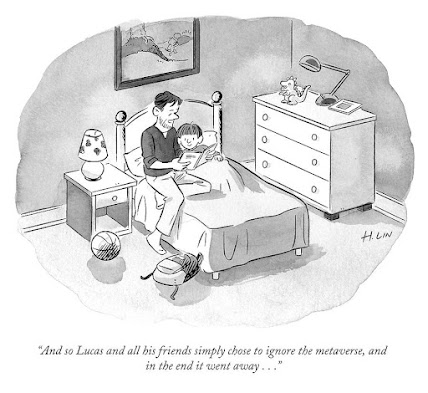 |
| A post for the conclusion of
Women's History Month, in recognition of the woman of Kenya who are sharing their narratives of struggle, progress, and hope. |
and to her friend Lydia W. Gaitirira
for sending these three books, each one a project by
AMKA -- Space for Women's Creativity
and Goethe - Institut Kenya
AMKA (meaning "wake up" in Kiswahili)
is an NGO, based and registered in Kenya,
concerned with pushing and encouraging creativity,
and facilitating and nurturing women writers.
1. Fresh Paint: Literary Vignettes by Kenyan Women (Volume 1, 2011) opens with an explanation of the need
" . . . to harness creative talent in girls and women in a hitherto male dominated socio-economic domain. This anthology of poems and short stories . . . will hopefully contribute to the discourse on whether socially created patriarchal attitides continue to dominate the thinking of society or whether these have been changed by the women's movement."2. Similarly, in Fresh Paint: Telling Our Stories into the 21st Century (Volume 2, 2015), Gaitirira explains the ongoing effort to allow women to speak for themselves in their own voices:
~Lydia W. Gaitirira, Director
"A lot of work remains to be done to improve the lot of women in Kenya. Even with the rising number of women in Parliament, county assemblies, and other decision making organs, the impact is far from satisfactory. Loyalty to political parties led and owned by men continues to influence their choices negatively when they need to put women's concerns first."3. The most recent volume, Resilience is a series of interviews by young women journalists, with women of all ages who work in the street markets of Nairobi, selling fresh produce, prepared meals, snacks and beverages, used clothing, home decor, handicrafts, toilet tissue. Others earn money by shining shoes or helping people compute their height, weight, and BMI. The essays showcase both the creativity of the entreprenuers and that of the writers:
"While there are different perceptions held of the hawkers and their trade, this collection shows that they are essentially honest citizens trying to eke a living in bad economic times. . . . Creativity also has another dimension that is well represented in this collection: that of writing and telling stories, or retelling them in heart-warming ways, and with empathy for their subjects."Volumes 1 and 2 of Fresh Paint are filled with numerous narratives that are fresh and refreshing, alongside others that are disturbing and distressing, all of which deserve the reader's thoughtful attention on the journey to a raised consciousness. Of the many selections from which to choose (e.g., see more examples on my post Maganjo), here are two that capture the spirit of speaking truth to power:
~ Lydia W. Gaitirira
excerpts from
The Poet's Voice
A poet's voice --
With innate articulation
And deep expression
Of intense emotion,
The swirl of words
And the use of tense . . .
In time we are spun
Into the future from the past
To the secrets of history
And the promise of the future . . .
The beauty of the woman
The chivalry of the man
The innocence of the baby
The cruelty of the thing
The fate of life
The smile of luck
The kiss of death
Are all intertwined
For it is
With a poet's pen
That the feeling is felt.
~ by Wanjiku Mwaurah (in volume 1, 42 - 44)
It's Our Time
Speak now! Or forever be silent.
The aged ones have spoken
and some are long gone
into timeless silence.
They had their time
and spoke their lines.
They read their part
in faithful loyalty to their era.
Now it is our time to say
what's been silently witnessed,
Carelessly overlooked,
unfairly veiled,
or only half-told.
The blooming edges
of this wonder world
are almost bursting
at the weight of demand
that more must be told.
We must go forward
To churn up new waves of truth
And fight old fears that inhibit the mind.
~ by Edna Aluoc (in Volume 2, 32)
not only during Women's History Month,
but throughout the year, the motto of AMKA remains:
To Create a Space for Women's Creativity
******************
An old favorite of mine from the U.S.A.
 |
|
JUST TO BELIEVE IN THE STORY OF ONE'S LIFE. (just that)
to always believe in your voice. (just that) "Literary Women on Paper" by Graphic Artist Janeen Koconis Card by KOCO NY |












